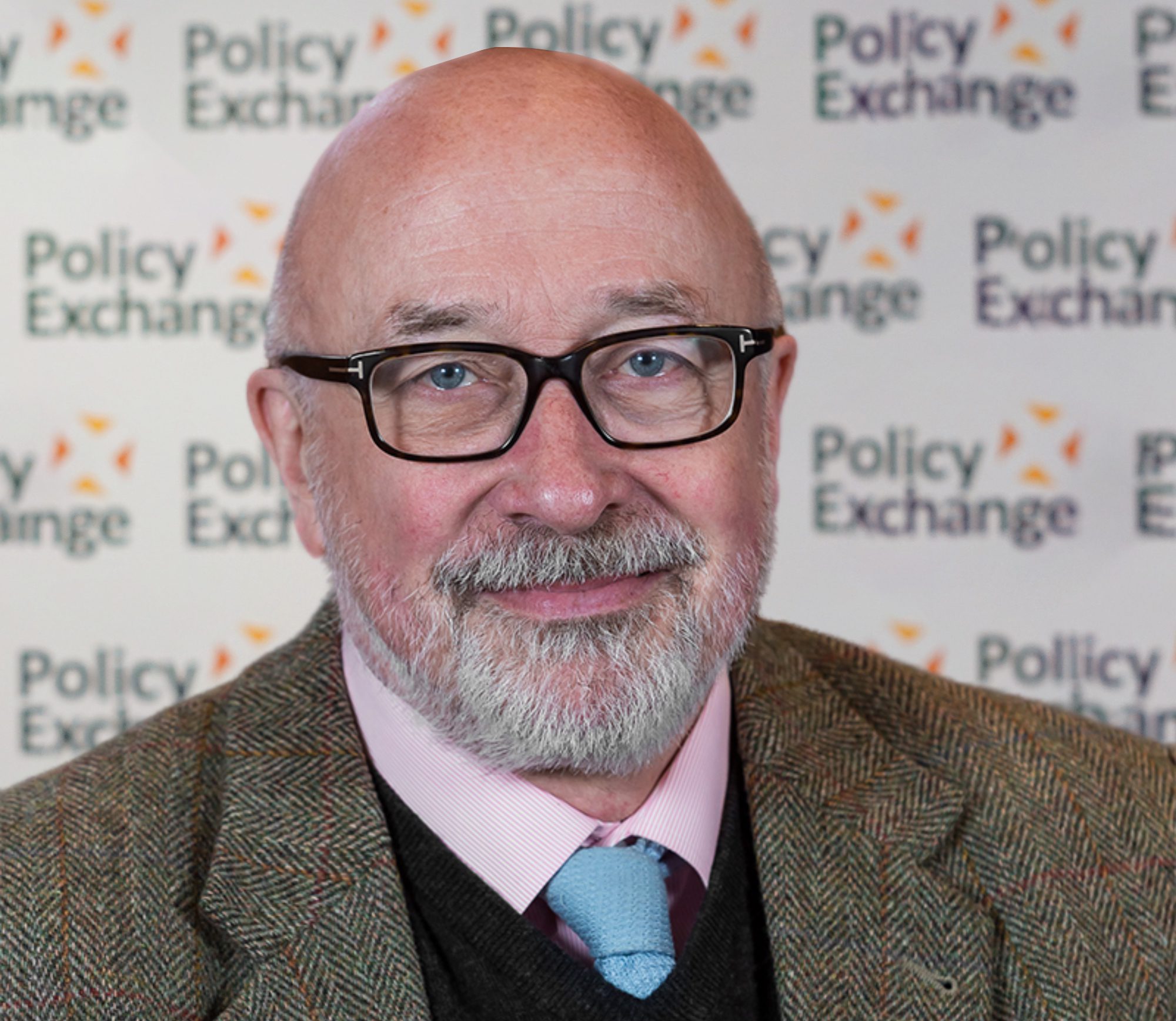The new Dokumentationsstelle politische Islam (Centre for the Study of Political Islam), established in Vienna in late 2020 by the Austrian government, has produced its first paper: Political Islam as a Subject of Academic Analysis and the Example of the Muslim Brotherhood, with an introduction by Dr Mouhanad Khorchide and Dr Lorenzo Vidino. It is designed to establish the scope of the Centre’s engagement with the subject, resolve some key definitional issues and set the scene for further studies. It complements Policy Exchange’s own studies which launched the Understanding Islamism project in December, as well as our more recent piece on Political Islamism in Austria.
The paper is divided into two parts, the first of which deals with definitional issues in regard to Political Islam (the authors’ preferred term) in general; the second with the specific case of the Muslim Brotherhood. It offers important insight into the evolution of the Brotherhood’s networks in Europe, and particularly in Austria.
The paper seeks to establish the differences between, on the one hand, Islam as a religion, ethical system, civilisation and religio-cultural identity, and on the other, Political Islam as a mobilised and illiberal ideology. The authors explore in detail the ways in which they think that Political Islam conflicts with the foundational principles of the Austrian Republic – and the efforts by certain Islamists, often under a democratic facade, to undermine the liberal democratic state through lawfare, institutional colonisation or indoctrination. These matters, they suggest, are of legitimate concern to anyone who wishes to preserve liberal democratic values.
The aim of the Centre is to stimulate an informed public debate on the subject. This study of the Muslim Brotherhood is the first in a series of more detailed proposed studies designed to help achieve this.
In addition, before the Centre opened, the Austrian journal, Perspektiven Integration, published by the Integrationsfond – an official agency supporting the integration of immigrants and funded principally by the Integration Ministry (under whose authority the Centre was established), produced a special issue focusing on the question of Islamism and the role the Centre might play. It contains a set of structured interviews with Lorenzo Vidino, Ebrahim Afsah, Susanne Schröter, Heiko Heinisch, Bassam Tibi, Katherine Brown and Ahmad Mansour, all of whom possess expertise in different aspects of Political Islam, Islamism, radicalisation and integration. It considers variously: the nature of the Islamist movement; the challenges it poses for a liberal democratic order and societies based on secular law, individual equality and discursively inclusive political practices; the relationship between various forms of Islamism; the nature of radicalisation; the question of integration; the role of external state actors; and what the appropriate responses of both governments and societies to these phenomena might be. The richly detailed and stimulating conversation offers another example of the way in which important sections of the Austrian State are seeking to carry forward a serious debate about the nature of Islamism and the way governments should respond.

